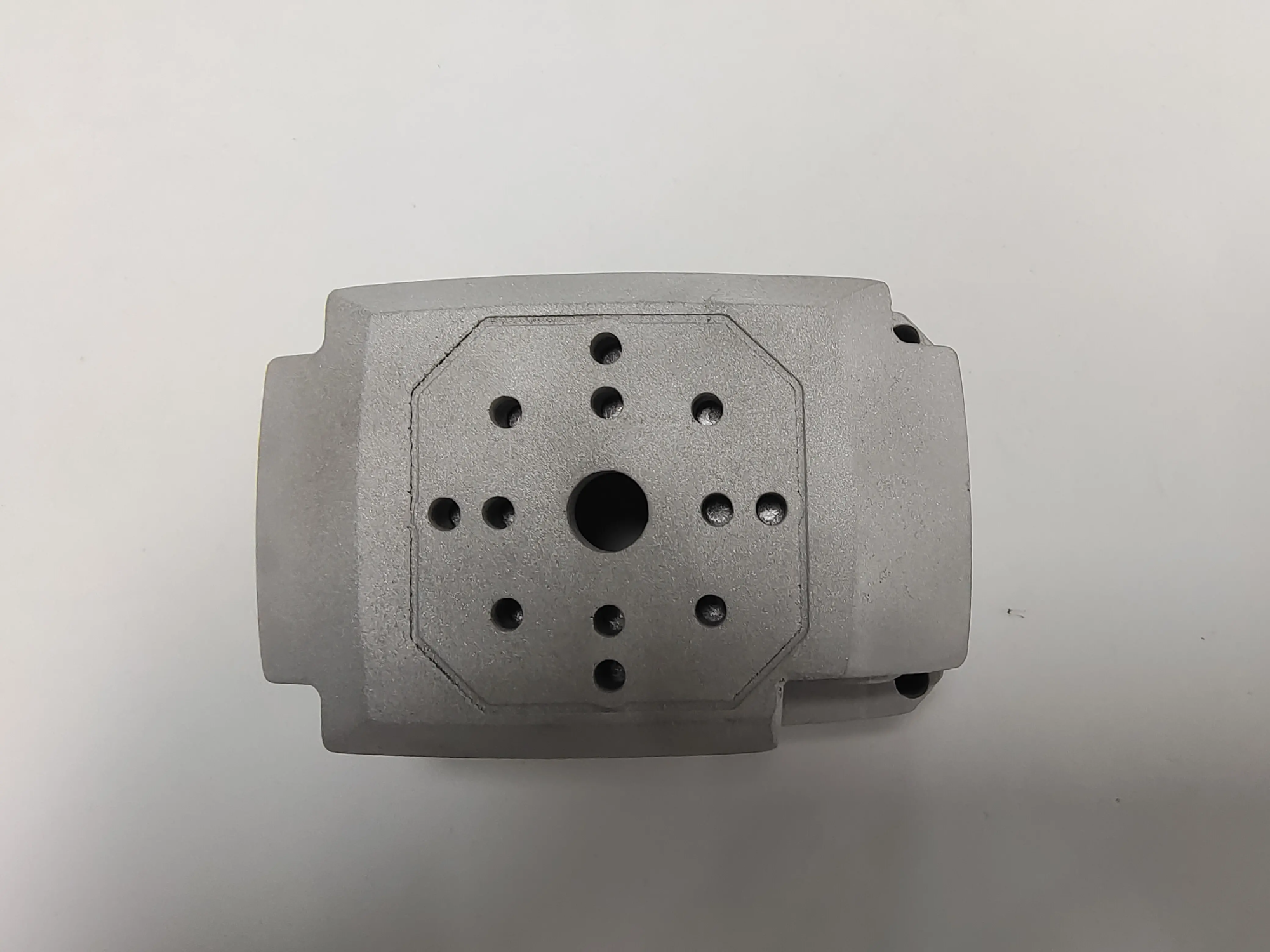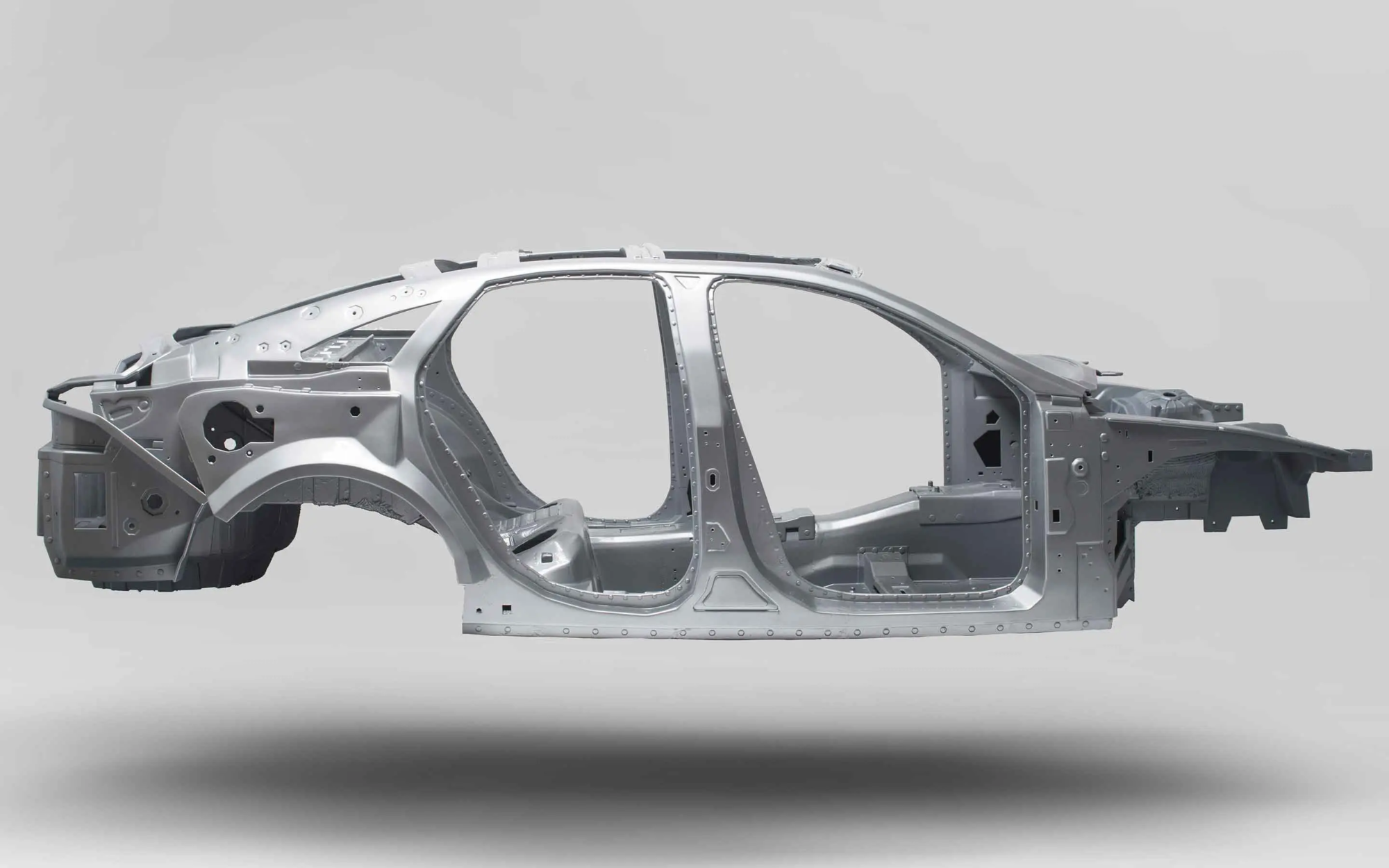Accuracy and reliability are crucial in the fields of precision machining and 3D printing. This is where the caliper comes into play, it is an essential tool for measuring the size of an object. Calipers are used in various industries including engineering, manufacturing and quality control to ensure that parts and components meet the required specifications. With the advancement of technology, the market is full of many caliper options, and everyone has unique features and advantages. In this article, we will dig into top calipers to highlight their key features, applications, and what sets them apart from peers.
First, digital calipers revolutionize the field with their precise measurement and ease of use. These calipers display measurements on the LCD screen, eliminating human errors and providing fast readings. They are particularly useful in applications where high precision is critical, such as in aerospace, automotive and medical equipment manufacturing. Some of the top digital calipers include the Mitutoyo CD-6″ CX, known for its high precision and durability, and the Starrett 799a, which provides a unique combination of accuracy and affordability.
Another category of increasingly popular calipers is Vernier calipers. These traditional calipers rely on sliding scales to measure sizes and are still widely used due to their simplicity and cost-effectiveness. Vernier calipers are ideal for applications that do not require the highest accuracy, such as in DIY projects or educational settings. The Mitutoyo 505-714 and Starrett 1202 are one of the top cissor calipers that offer a balance between accuracy and price.
Dial calipers are also worth mentioning because they provide a high level of accuracy and are often used in industries where accuracy is critical. These calipers use rotary dials to display measurements and are known for their ease of use and high accuracy. The Mitutoyo CD-6″ CSX and Starrett 3202 are the best choices in dial calipers for excellent accuracy and reliability.
In addition to these types, calipers are designed for specific applications such as depth calipers that measure the depth of the hole or cavity as well as internal calipers that measure the internal dimensions of the object. The Mitutoyo 515-202 and Starrett 2302 are examples of top-level depth and internal calipers, respectively, designed to provide accurate measurements in challenging environments.
Several factors work when selecting calipers, including the level of accuracy required, the type of application, and the budget. It is crucial to choose a caliper that meets the specific needs of the task at hand, as this will greatly affect the quality of work. Additionally, calipers from well-known manufacturers such as Mitutoyo and Starrett are known for their quality and durability, which makes them worth investing in both professionals and amateurs.
In short, the caliper world offers a variety of options, each designed to meet specific needs and applications. From digital calipers to vernier, dial, depth and internal calipers, the right choice of tools can significantly affect the accuracy and quality of work. Whether you are a professional engineer, manufacturer or DIY enthusiast, investing in high-quality calipers is essential to achieve accurate measurements and ensure the success of your project.
FAQ:
Q: What is the most accurate type of caliper?
A: Digital calipers are often considered the most accurate caliper type, providing accurate measurement results and eliminating human errors.
Q: What is the difference between a cursor and a dial plier?
A: Vernier calipers use sliding scales to measure measurements, while dial calipers use rotary dials to display measurements. The dial calipers are usually more accurate and easier to use.
Q: Can calipers be used for metric and imperial measurements?
A: Yes, most modern calipers can switch between metric and imperial units, making them multi-functional tools for a wide range of applications.
Q: How to choose the right caliper for my needs?
A: The level of accuracy, application type and budget required when selecting calipers. Choosing calipers from reputable manufacturers for quality and durability is also essential.
Q: Can calipers be calibrated for improved accuracy?
A: Yes, many calipers can be calibrated to improve their accuracy. It is recommended to follow the manufacturer’s guidelines for calibration to ensure optimal performance.
ISO 9001 Factory





